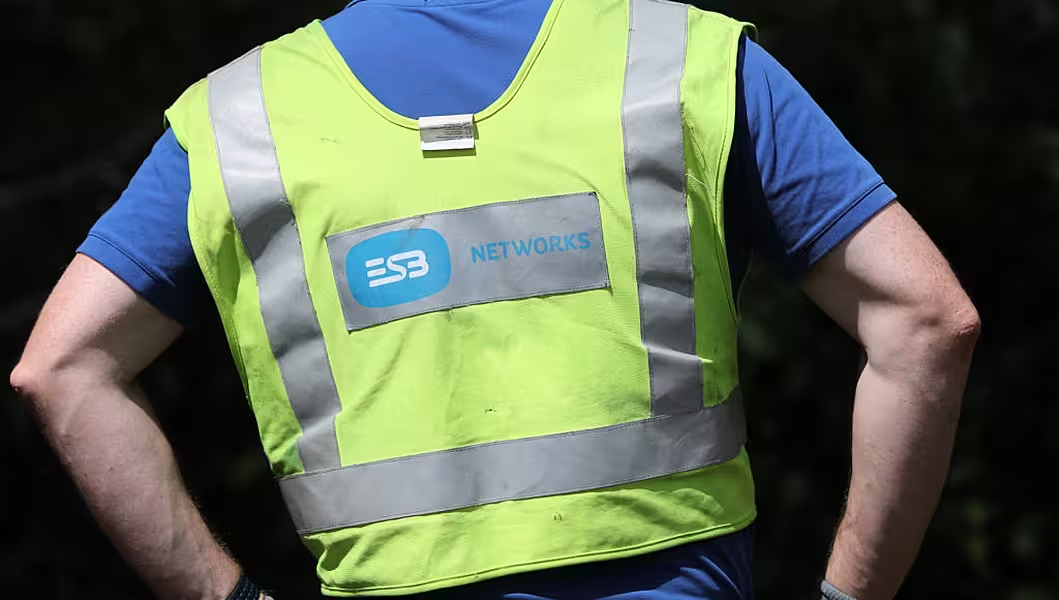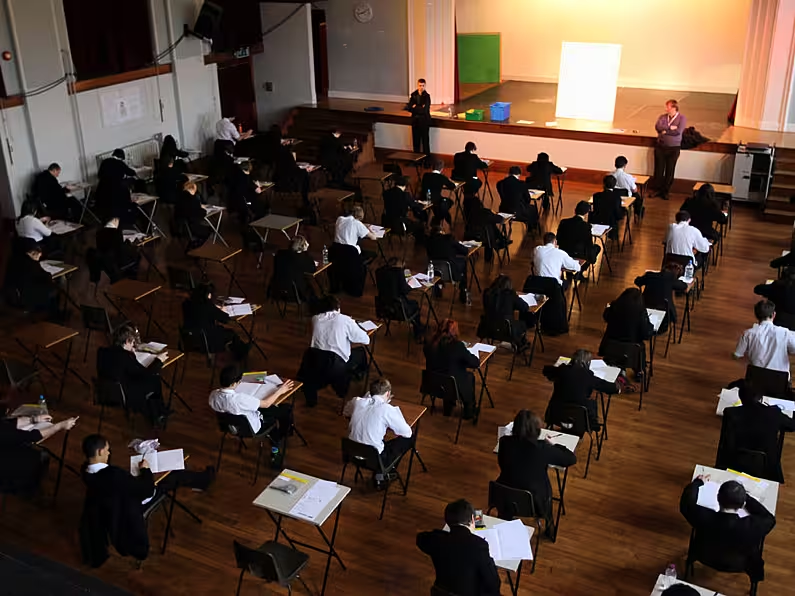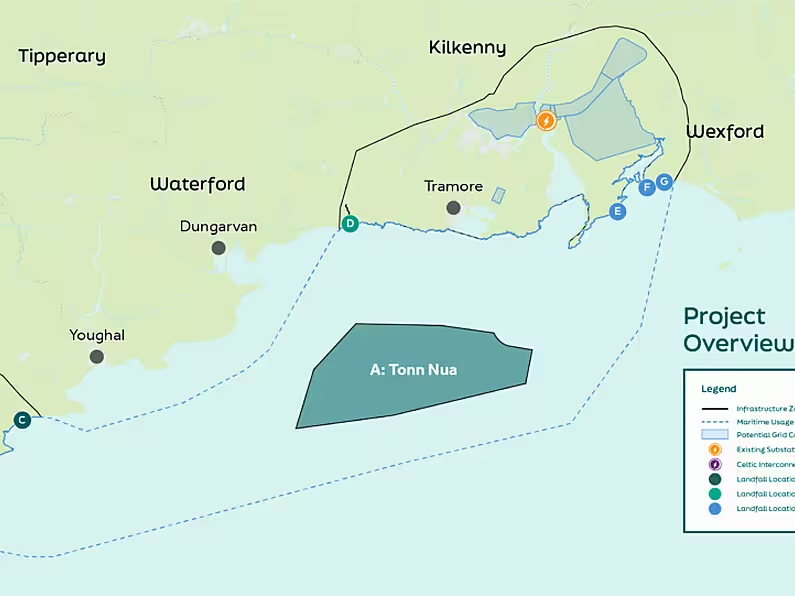
The Court of Appeal has overturned a €83,000 damages award for nervous shock made to an ESB network technician who came across a 10,000 kilovolt electric cable while repairing a street light.
Warren Harford did not suffer physical injuries after handling the cable before realising it was medium, rather than low voltage, but the High Court held he suffered nervous shock and PTSD as a result of the experience and that was caused by the ESB’s negligent act or omissions towards him.
Mr Harford claimed, had he applied test lamps to the cable as he originally intended, he would have been electrocuted.
The ESB appealed and the core issue was whether damages can be recovered for “nervous shock” where there is no sudden calamitous event but rather an appreciation that physical injury had been narrowly avoided which appreciation leads to psychiatric injury.
'Considerable sympathy'
Giving the COA judgment, Mr Justice Seamus Noonan said, while he had “considerable sympathy” for Mr Harford, who undeniably suffered psychiatric injury arising from the experience, the ESB could not be held liable for that.
The incident occurred while Mr Harford (45) was repairing a street light in Dublin on December 14th, 2014 after being directed to use a cable identification machine which was not the usual machine he used. Mr Harford claimed he was caused to handle and be exposed to a 10,000 kv electric cable and suffered a medically recognised psychiatric injury which is ongoing.
The ESB admitted negligence in December 2018, accepting the machine provided to Mr Harford was unsafe and unsuitable and he was not trained in its use, but strongly disputed liability for nervous shock.
Mr Justice Noonan said the requirement for the occurrence of a “sudden” event, be it described as shocking, distressing, horrifying, or calamitous, has consistently been held by the Irish courts to be a prerequisite for recovery for purely psychiatric injury. More gradual assaults on the nervous system over a period of time did not qualify.
Cable insulated
Mr Harford had also not established he was in fact in danger, the judge said.
It was clear from the evidence as a whole the cable was insulated and Mr Harford had handled it several times without incident, he said.
The reference by the trial judge, Ms Justice Bronagh O’Hanlon, to Mr Harford being directly exposed to live electric cables, insofar as that was intended to convey he was at risk of electrocution, was “incorrect”, he said.
That risk would only have been realised if Mr Harford continued on the course he had originally intended before realising to do so would have been extremely dangerous.
Mr Harford had not met the relevant legal tests as his injury was not shock induced and there was no sudden or calamitous or horrifying event in the nature of an accident, the judge held.
Liability
There was instead, a post hoc realisation that injury had been avoided by a decision not to proceed with what, with hindsight, was a dangerous course and the impact of that realisation unfolded over a period of hours for Mr Harford.
Were liability to be imposed in this case, it would extend the existing law here and policy considerations would become relevant, the judge said.
A case of this kind, dependent on a purely internal realisation by Mr Harford, unaccompanied in many instances by any verifiable event or incident, would give rise to considerable practical problems and “real uncertainty” in the law.
This case raised no basis for the COA to consider extending the law, he said.
The court allowed the appeal and set aside the High Court award. It will decide costs issues later but expressed the provisional view the ESB is entitled to its costs in the High Court and COA against Mr Harford.













